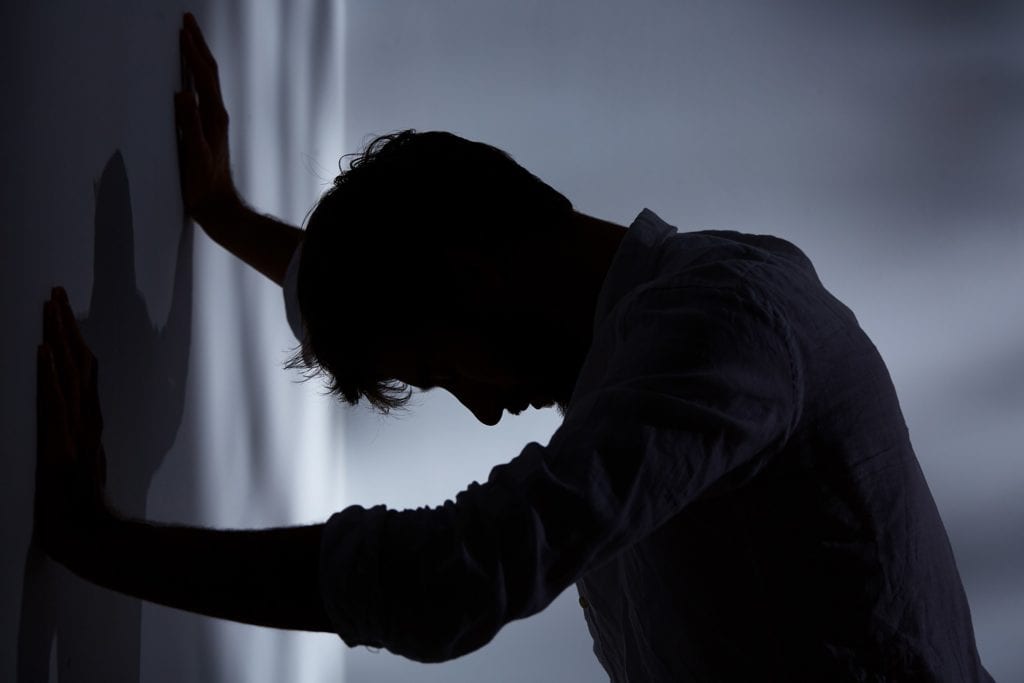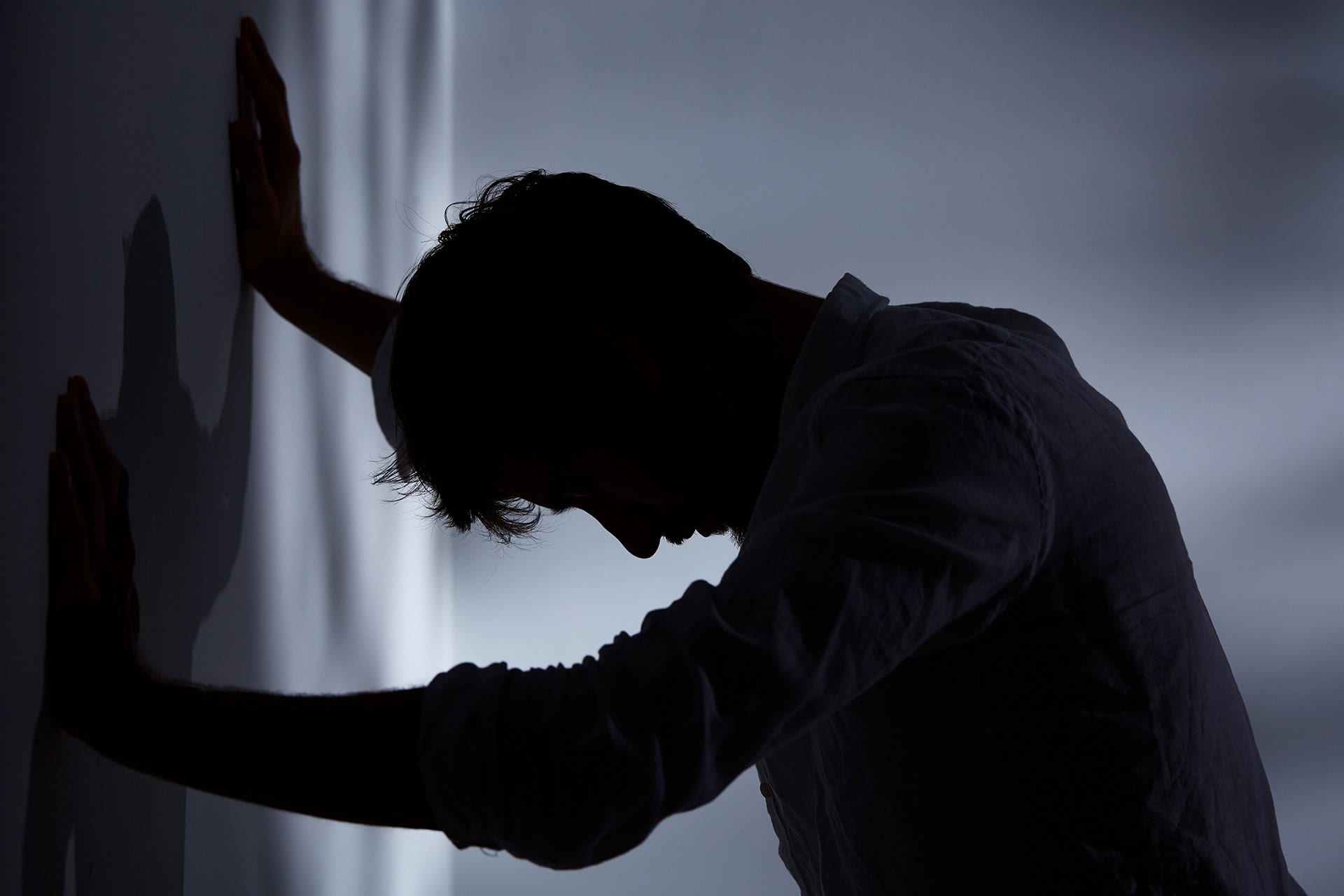
Most people know that depression affects the mind and a person’s emotional well-being. But did you know that depression hurts the physical body as well?
Researchers continue to conduct studies on the links between depression and other health issues like chronic pain. As we learn more about depression, the connections to your physical health become clearer.
Learn more about the cause and effect of depression and how it can hurt your body as well as your mind.
Body Pain
People with depression may experience chronic body pain or explainable aches. Chronic pain persists over a period of time and may even make your body more prone to aches and pains.
People with depression may feel joint or muscle pain and experience headaches. They may also feel an all-over type of pain that can be both debilitating and frustrating.
Studies show that chronic pain and depression are linked to one another.
Stomach Problems
Many people with depression also report having gastrointestinal issues. They may experience frequent nausea, diarrhea, or constipation.
One possible reason is the role that serotonin plays in maintaining the body’s functions. You may know that Serotonin contributes to our feelings of well-being and happiness. But did you know it also regulates appetite and digestive function?
Weakened Immune System
Stress can make us sick or at least weaken our immune system and make us more susceptible to germs. Studies show an interesting connection between chronic stress and getting sick.
Those with depression often suffer from chronic stress as well. Stress can weaken the immune system which increases the chances of coming down with something.
Insomnia and Sleep Problems
Many doctors inquire about sleep patterns when diagnosing a patient with depression. Someone with depression may have a hard time sleeping or suffer from insomnia.
Sleeping too much is also a key sign that someone may be dealing with depression. Disturbances in the body’s circadian rhythm can cause excessive or unexplained fatigue.
Once again, serotonin plays an active role in regulating sleep and wake cycles. Low serotonin levels associated with depression can also cause sleeping problems.
Higher Risk of Cardiovascular Disease and Hypertension
Depression and stress can also lead to problems like hypertension (high blood pressure). Chronic stress is a leading cause of hypertension.
Issues like hypertension increase an individual’s risk of cardiovascular diseases. This puts a person with depression at a higher risk for a heart attack or stroke.
What to Do When Depression Hurts the Body
Talk to your doctor if you suspect you might be dealing with depression. Untreated depression can lead to other, sometimes serious, health problems.
Therapy and medications are two common treatments that your doctor might suggest. Ketamine infusion therapy is another treatment you may want to consider. This type of therapy is particularly helpful if your depression is treatment-resistant.
Finding More Resources to Help
Depression hurts both the mind and body, but you don’t have to suffer. Besides talking to your doctor and going over your treatment options, there is more you can do to handle depression.
Check out the rest of our website for more resources like this as well as other healthy-living tips and advice.
